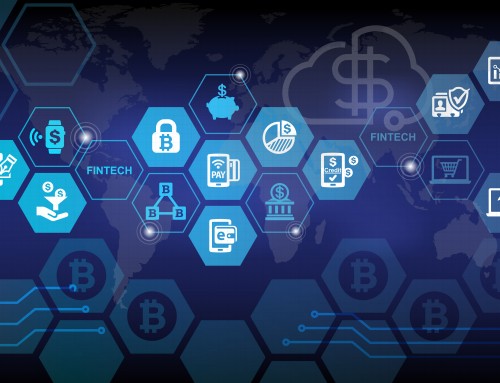Accounting
Accounting is the language of business and this language has gone through many changes throughout the ages. Through all the changes in Accounting, technology has always played a part in making the accountant’s job a little easier. The increase in our knowledge of technology has impacted the accountant’s ability to analyse statistical values and interpret data efficiently and effectively.
Technology
Information Technology (IT) introduced a new wave in the teaching of business subjects including accounting added to the fact that most business organisations require their accountants to produce credible financial reports with computer software.
The Integration
This is the era of the information age and information technology is the order of the day. New ways of performing office tasks has emerged with new technologies and computer related duties. Accountants of today need to be equipped with flexible skills that would enable them to function effectively in their career and even advance in it.
In the current time, the computer has invaded all professions and poses serious challenges to the use of non-computer skills. In the labour market today, virtually all the sectors including the accounting profession are daily, being confronted by this challenge.
Our experience is that employers resort to training of staff to enable them be relevant to their purposes and functions effectively. In this case, the accountants who are not versed in the language of the computer are not likely to take advantage of the opportunities presented during the current and the future times.
The computer is an indispensable tool in the labour market today in making the recipients to be gainfully employed. With the computer, services are rendered fast hence, it saves time, and this will enable the employers to employ those accountants who are capable of maximising time in providing credible financial reports. Accountants who were not verse in computer usage in this era of technological influx will face a lot of challenges in the labour market. The software and hardware components of a computer complement each other, therefore the accounting education teachers should be exposed to these areas and they should impart the knowledge to their students.
Transitioning from the abacus (also called counting frame) to calculators to adding machines to computers and now to internet to e-business to cloud computing, technology has grown beyond our imagination. Software applications like MS Word, MS Excel and MS Powerpoint have become integral part of every business setup. Numerous accounting based computerised systems have evolved like the Enterprise Resource Planning (ERP) System, Supply Chain Management (SCM) System. New avenues of opportunity have opened up for the accountants like , IT Governance and Forensic Accounting.
To enable our present and future accounting workforce to meet the challenges posed by the presence of Information technology in every aspect of business, the educational sector has taken up the responsibility to bring the two streams together to equip the taskforce with the knowledge of both accountancy and information technology. We have universities like UNSW Business School, Swinburne University, RMIT University to name a few, providing courses at both bachelors and Masters level like Bachelor of Accounting and Information System and Master of Accounting and Business Information Technology.
The integration of Information Technology with Accounting is not to convert Accountants into IT professionals, as may be misunderstood by few, but to enable Accountants to understand technology to be able to use it optimally to their advantage and also help them in their decisions at the managerial level for a stable robust information technology setup in an organization. Most importantly to embrace the future with a clear understanding of what, how, why and wherefores of the Business’s Accounting and Information Technology needs







Leave A Comment